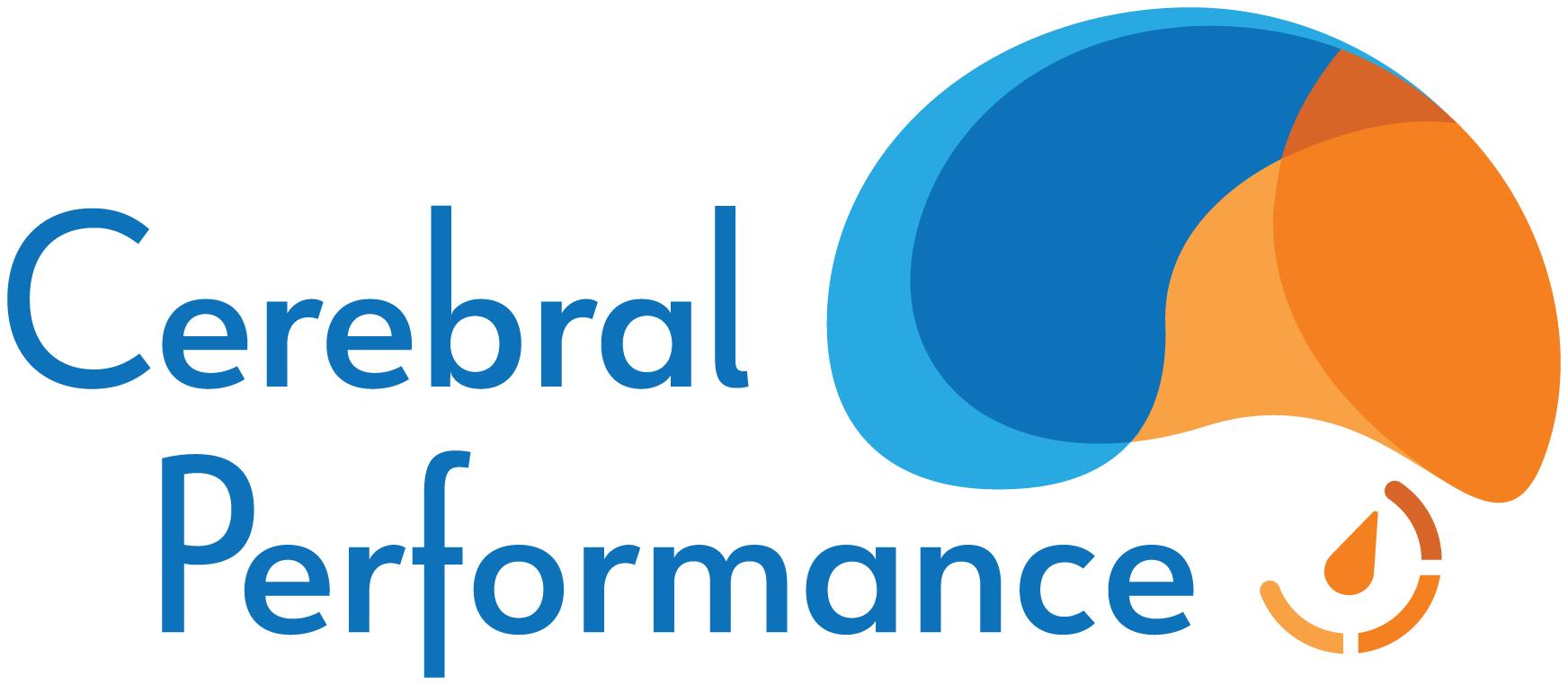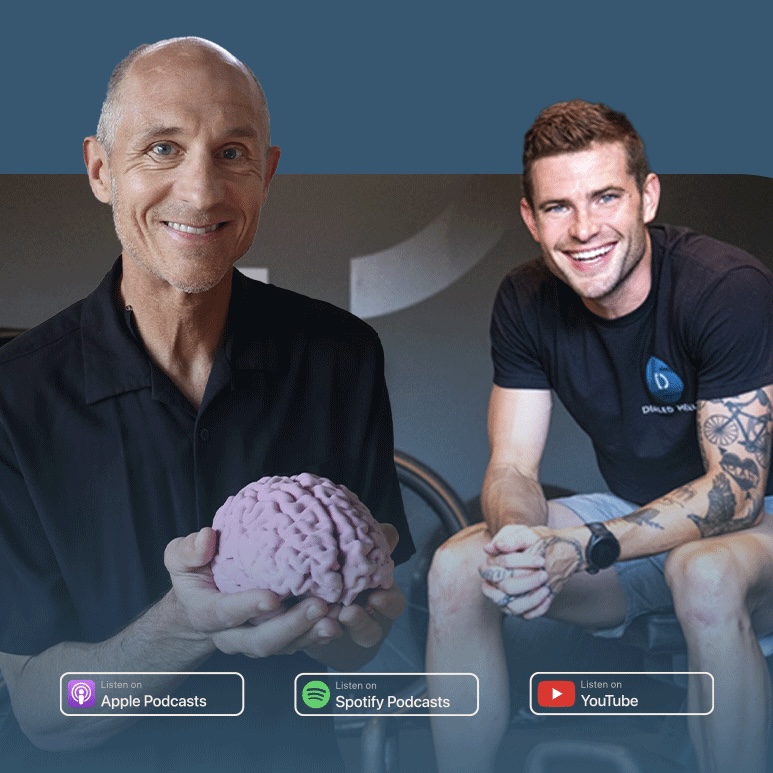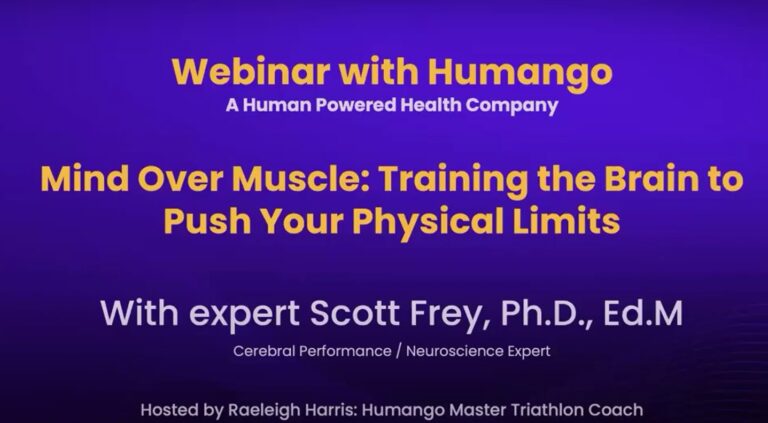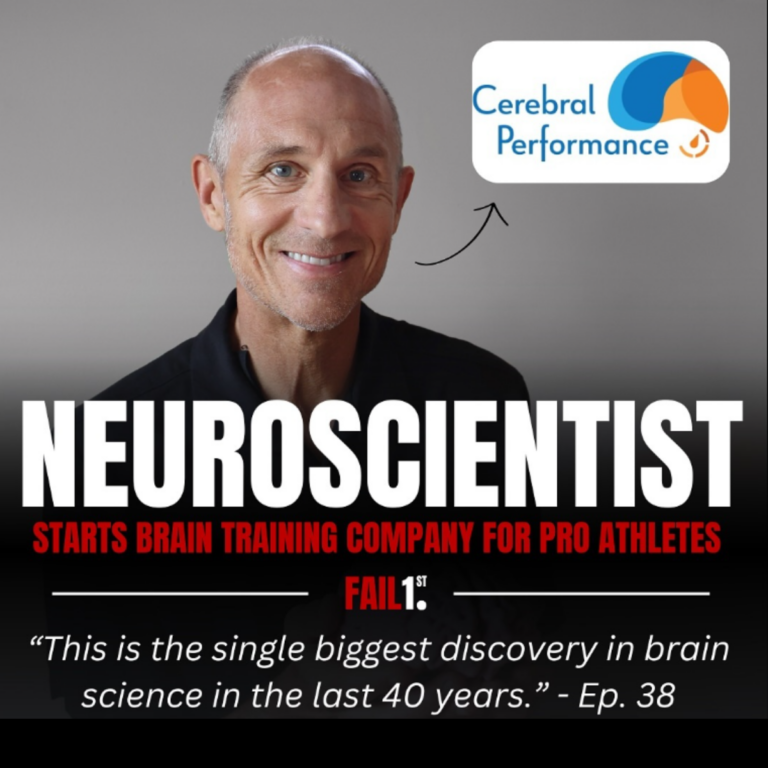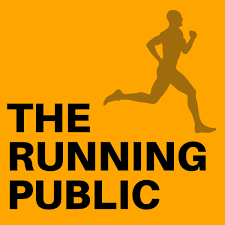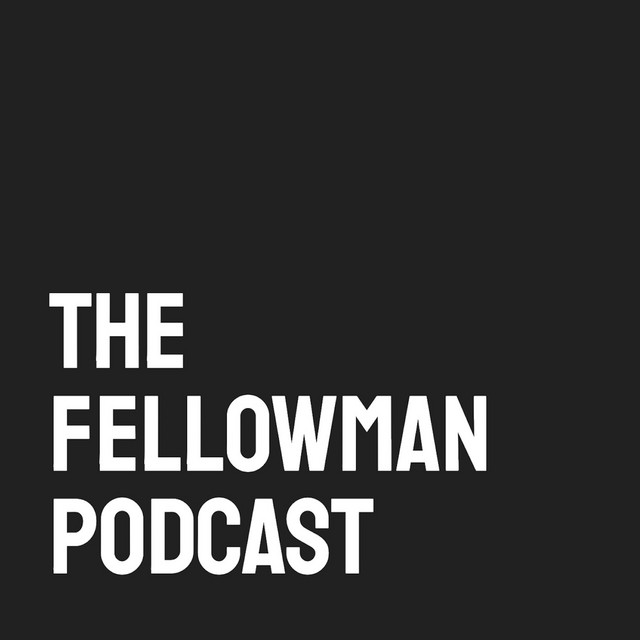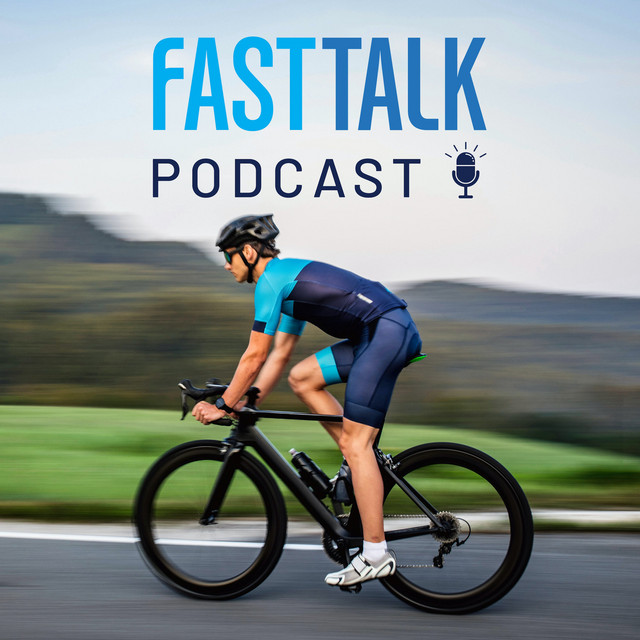Dr. Scott Frey on the Dialed Health Podcast: 4 Ways Your Brain Can Improve Physical Performance
Dr. Scott H. Frey is an internationally renowned cognitive neuroscientist, accomplished endurance athlete, author, and performance coach. For the past 30 years he’s led a successful research program focused on using the latest technologies to understand the brain mechanisms of human performance. These experiences convinced him that the biggest breakthroughs in athletic performance will come “from the neck up.” Here are 4 takeaways from my conversation with him on episode 193 of the Dialed Health Podcast.
- No one focuses on tapering their stress level before a key event. “If you searched the web for taper strategies, you would find at least 85 articles and not one of them would mention the mental side. It would all be focused on your legs. This is a major miss because beginning with studies conducted in the late 1800s, there has been clear evidence that mental fatigue impacts our ability to do physical work. This applies to endurance and to strength.”
- Use a breathing practice like box breathing to downregulate your stress. Box breathing is equally timing your inhale, exhale, and the pauses in between (for this example, we’ll use 4 seconds). Imagine drawing a floating box in the air in front of you. The 4 second inhale draws the first line of the box upward. Then hold your breath for 4 seconds and the line moves across the top. On the 4 second exhale, the line moves downward. Finally, hold for 4 seconds with no air in your lungs as the line comes back across to complete the box. “An ideal protocol would be 4-5 minutes. This can be repeated as needed throughout the day. My athletes have had great success doing as little as 2 minutes while waiting on the starting line for their races. Many things that we commonly do for recovery lack compelling evidence. Box breathing, however, is effective in regulating the balance between our fight or flight (sympathetic) and rest and digest (parasympathetic) divisions of the autonomic nervous system. Another modality that is effective in reducing mental fatigue and stress is some developing a mindfulness routine for as little as 15 minutes three days a week.”
- Consider leaving your wearables, power meters, and heart rate monitors off prior to an A event. Most athletes will overthink the data. Use it to your advantage in training and then forget about it during the days prior to your event. Past podcast guest Alexey Vurmulen raced Leadville to 2nd place last year even though he didn’t use a power meter during the race. “Perception is King! Our perceptions of effort and exertion (PE) are what limit us from pushing closer to our physical capacity, not what we are reading on our head units. Many factors influence our PE, and a big part of my work is helping athletes learn how to pull those levers.”
- One night of poor sleep directly before your event has less physical impact than you think. “The research says that sleep deprivation affects physical performance. But, if you look at the studies, the story is more complicated (as always), and the individual differences are substantial. Total lack of sleep is going to affect your performance. Looking across studies, problems falling asleep and getting a short night (most common) have no consistent effects. Waking hours prior to your event (rare in my experience) can also be a problem. If we look at the magnitude of the impacts on performance of a single night of poor sleep, they are small. It is hard (if not impossible) to distinguish them from the effects of stressing about the bad night of sleep. So, my advice is to control what we can, which is how we react to sleeplessness.”
Scott started Cerebral Performance with the goal of making cutting edge discoveries in the brain and behavioral sciences available to individuals and teams seeking to optimize their training and racing. He can be reached at: Scott@CerebralPerformance.com
